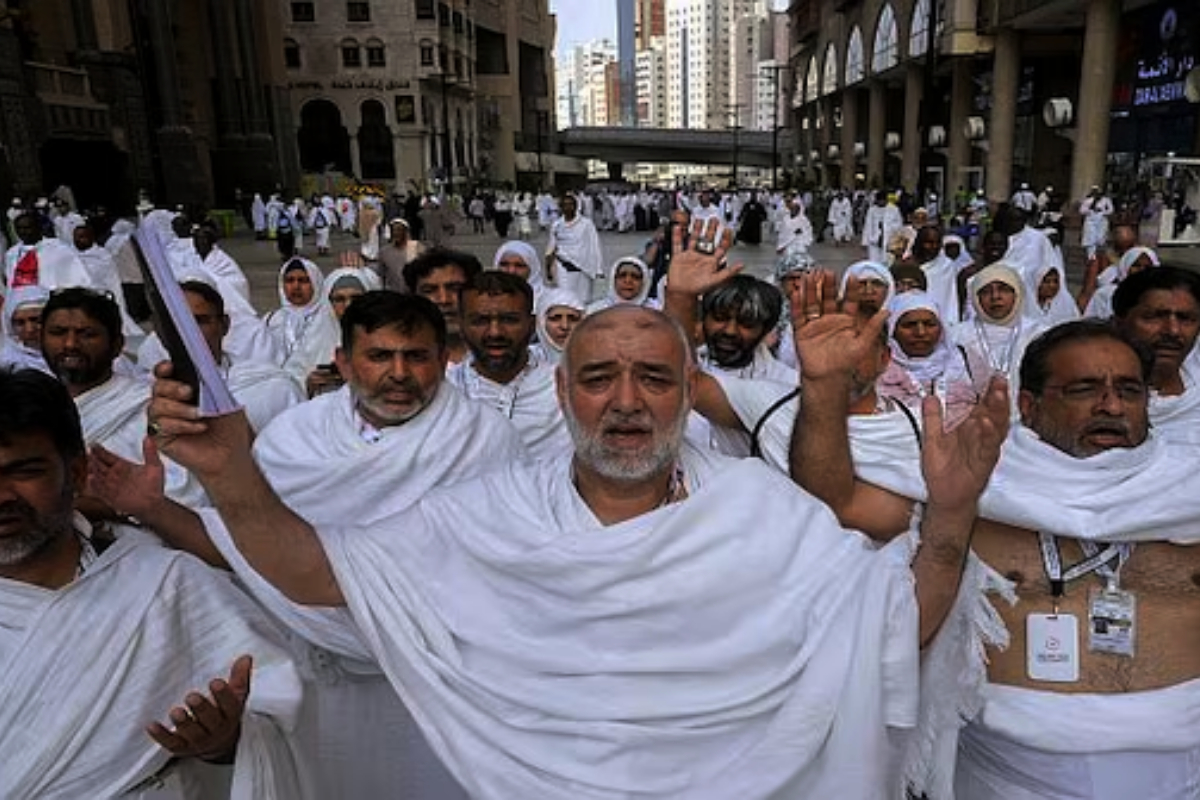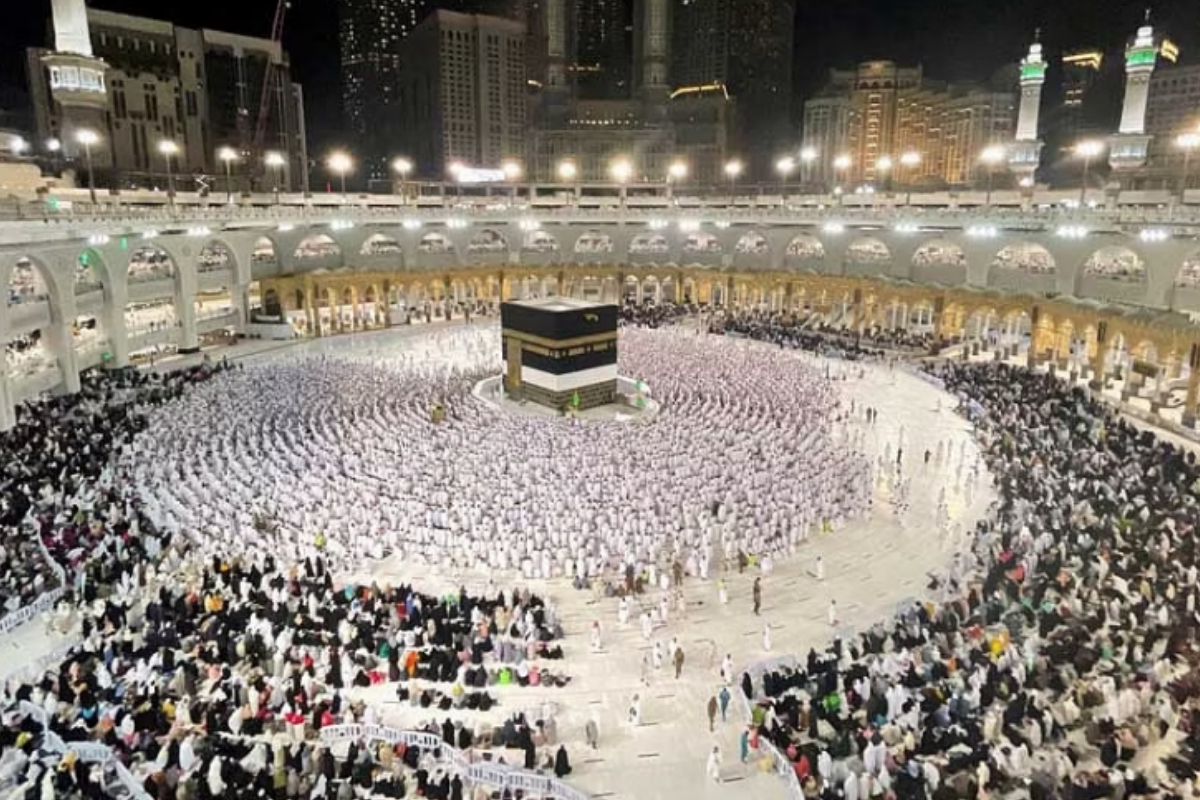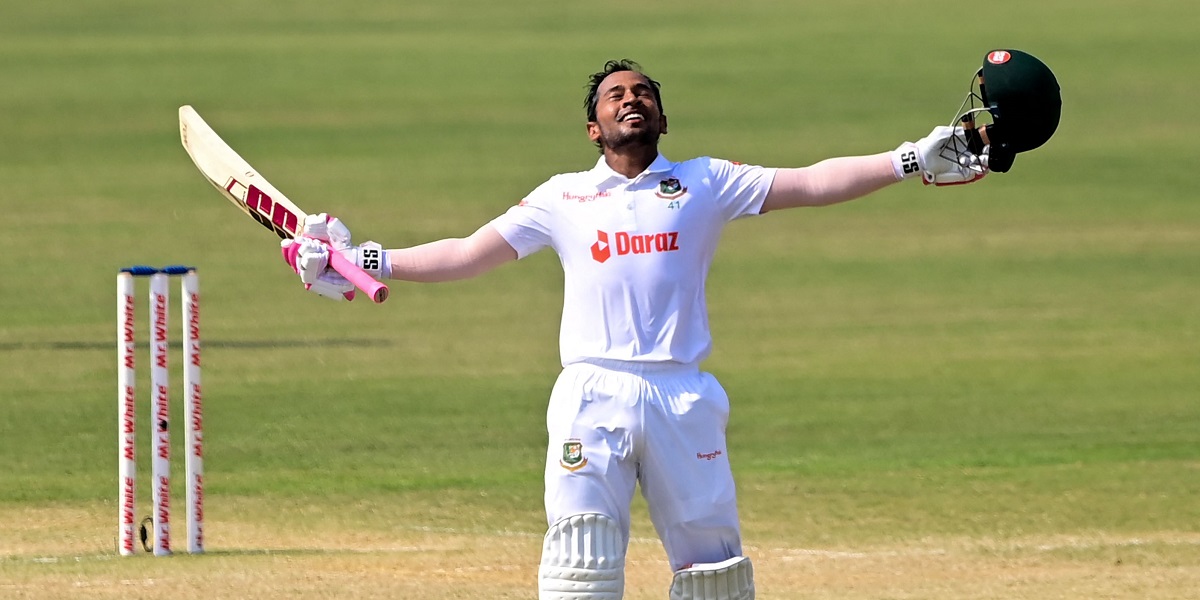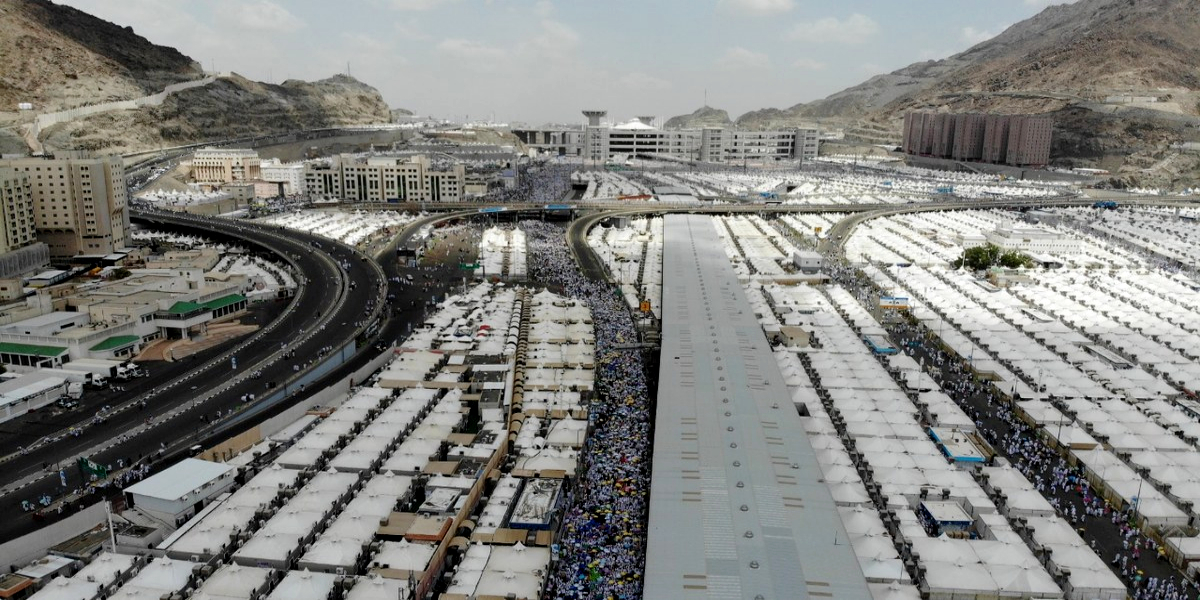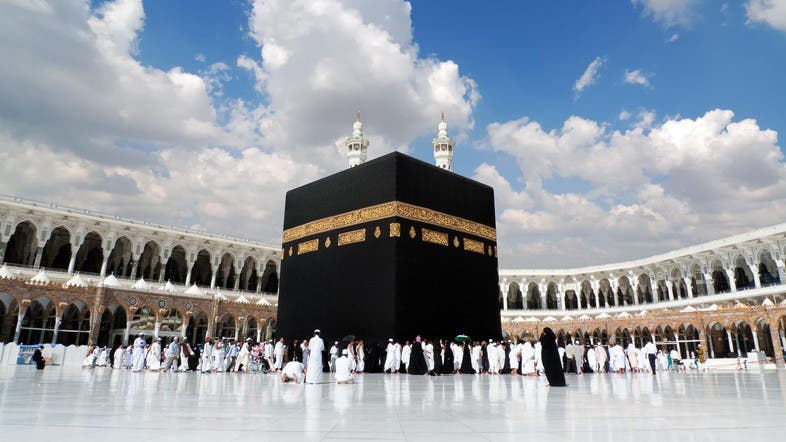- The annual religious commemoration of Hajj will return to pre-pandemic levels.
- No coronavirus vaccines or tests are required, and pilgrims must be immunized against other diseases.
- Pilgrims must be immunized against other diseases.
According to Saudi authorities, the annual religious commemoration of Hajj will return to pre-pandemic levels after restrictions hampered the yearly religious commemoration due to coronavirus worries.
The Hajj, which is mandatory for all able-bodied Muslims once in their lives, is one of the world’s largest gatherings of people. Prior to the pandemic, the pilgrimage drew millions of people each year to Islam’s holiest city of Mecca, Saudi Arabia.
“I bring you two bits of good news in this meeting. The first: the return of the numbers of pilgrims to what they were before the pandemic without any age restrictions,” Saudi Hajj and Umrah Minister Tawfiq bin Fawzan al-Rabiah said on Monday evening, according to the source.
“Also, allowing any Hajj mission from around the world to deal with any licensed company that meets the requirements of the pilgrims of those countries,” he added.
In 2019, almost 2.4 million people participated in the pilgrimage. However, because of the coronavirus lockdowns in 2020, the Gulf nation dramatically reduced the Hajj. It was an unusual step, even during the 1918 flu outbreak, which killed tens of millions worldwide.
Last year, nearly 900,000 pilgrims were welcomed to Islam’s holiest cities of Mecca and Medina for the pilgrimage.
However, only those under the age of 65 with coronavirus immunization and a negative test might enter the country.
It was not immediately obvious what health measures would be taken for the Hajj, which falls according to the lunar-based Islamic calendar this year at the end of June. While no coronavirus vaccines or tests are required, pilgrims must be immunized against other diseases.
[embedpost slug=”/hajj-expo-2023-minister-discusses-provision-of-better-travel-facilities-to-pilgrims/”]

